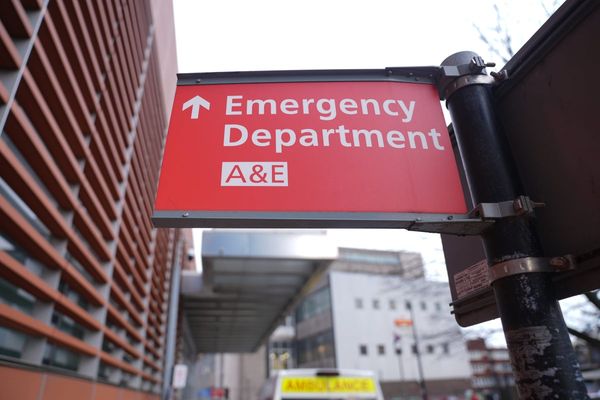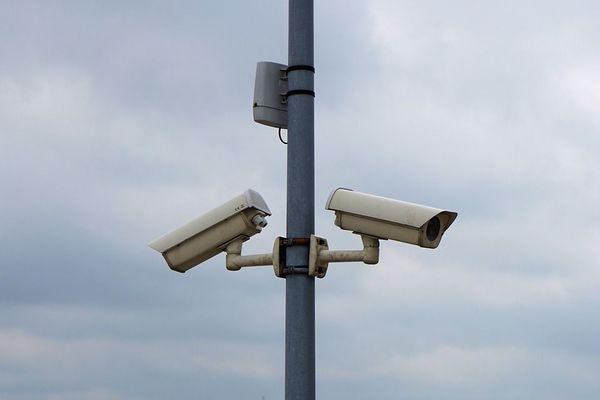Stocks finished modestly higher Monday, following-on from the largest single-session decline in more than two years Friday, as investors looked to add some beaten down tech names heading into an active week on Wall Street highlighted by the Federal Reserve's interest rate decision on Wednesday.
The Dow Jones Industrial Average ended up 86 points, or 0.26%, to 33,063, while the S&P 500 gained 0.57%, while the tech-heavy Nasdaq rebounded and ended up 1.63%.
U.S. stocks are off to their worst four-month start to any year since 1939, with the S&P 500 down 13.3%.
The tech-focused Nasdaq, meanwhile, suffered its biggest monthly decline since the global financial crisis of 2008, largely on the back of a surge in bond yields linked to the Fed's hawkish policy turn.
"We have not seen capitulation yet and while no one can time these things perfectly, I expect more market weakness ahead," said David Bahnsen, chief investment officer, The Bahnsen Group, a wealth management firm based in Newport Beach, Calif., with $3.6 billion in assets under management.
"My message to investors before a market top, during the inevitable correction, and after the correction ends, is always to focus on the quality of a portfolio's holdings," he added. "Sacrificing quality for a short ride of unsustainable performance is never a good idea."
Economic activity data from around the world, however, continues to indicate a pullback as central banks tighten policy amid surging inflation pressures, supply chains remain snarled by Covid disruptions and China struggles to manage its recent pandemic resurgence.
Manufacturing activity in China, in fact, fell to a two-year low last month, according to a private survey, while in Europe, an key output index was pegged at the lowest levels in 15 months as raw materials prices and labor costs move relentlessly higher.
Those readings, as well as a surging U.S. dollar, added overnight pressure to oil markets, with WTI futures for June delivery marked $3.30 lower at $101.38 per barrel and Brent contracts for July falling $3.09 to $104.02 per barrel.
In Europe, the Stoxx 600 was marked 1.5% lower by the close of trading in Frankfurt, with many regional markets shut for the traditional May Day workers holiday, while overnight in Asia, a rebound in China stocks failed to provide a broader session gain for the region-wide MSCI ex-Japan index, which was marked 0.6% lower heading into the close of trading,
In the U.S., last week's initial estimate of GDP growth, which showed a 1.4% contraction over the first three months of the year, added to concerns that the Fed's tightening efforts will snuff-out growth in the world's biggest economy, but hasn't, as yet, altered bets on either this week's decision nor the prospect of even higher rates heading into the summer months.
That prospect became real last week with not only the first quarterly GDP contraction since the pandemic, but also a muted first quarter earnings season that suggests collective S&P 500 profits will only grow 4.4% from last year -- once the energy sector is stripped-out and 0.6% over the second quarter.
Around 160 companies will report this week, including Clorox (CLX), Pfizer (PFE), Starbucks (SBUX) and CVS Health (CVS), with markets also focused on jobs data with the JOLTS survey on Tuesday, ADP's National Employment report Wednesday and the April non-farm payroll report on Friday.
The CME Group's FedWatch is pricing in a 99.8% chance of a 50 basis point hike on Wednesday, as well as a 95.6% chance of a 75 basis point move at the Fed's following meeting in June.
Amazon (AMZN) shares ended flat, following on from its biggest single-day decline in fifteen years, as analysts move to re-set price and ratings targets after the online retail giant's disappointing first quarter earnings last week.
Pfizer shares fell 1.4% after the drugmaker posted disappointing late-stage data from a trial of its Covid antiviral treatment, Paxlovid, late Friday ahead of its first quarter earnings later this week.
Activision Blizzard (ATVI) shares, meanwhile, jumped 3.3% after Warren Buffett' told investors that his Berkshire Hathaway investors group has built a 9.5% stake in the video-game maker ahead of its planned $69 billion takeover by Microsoft (MSFT).







